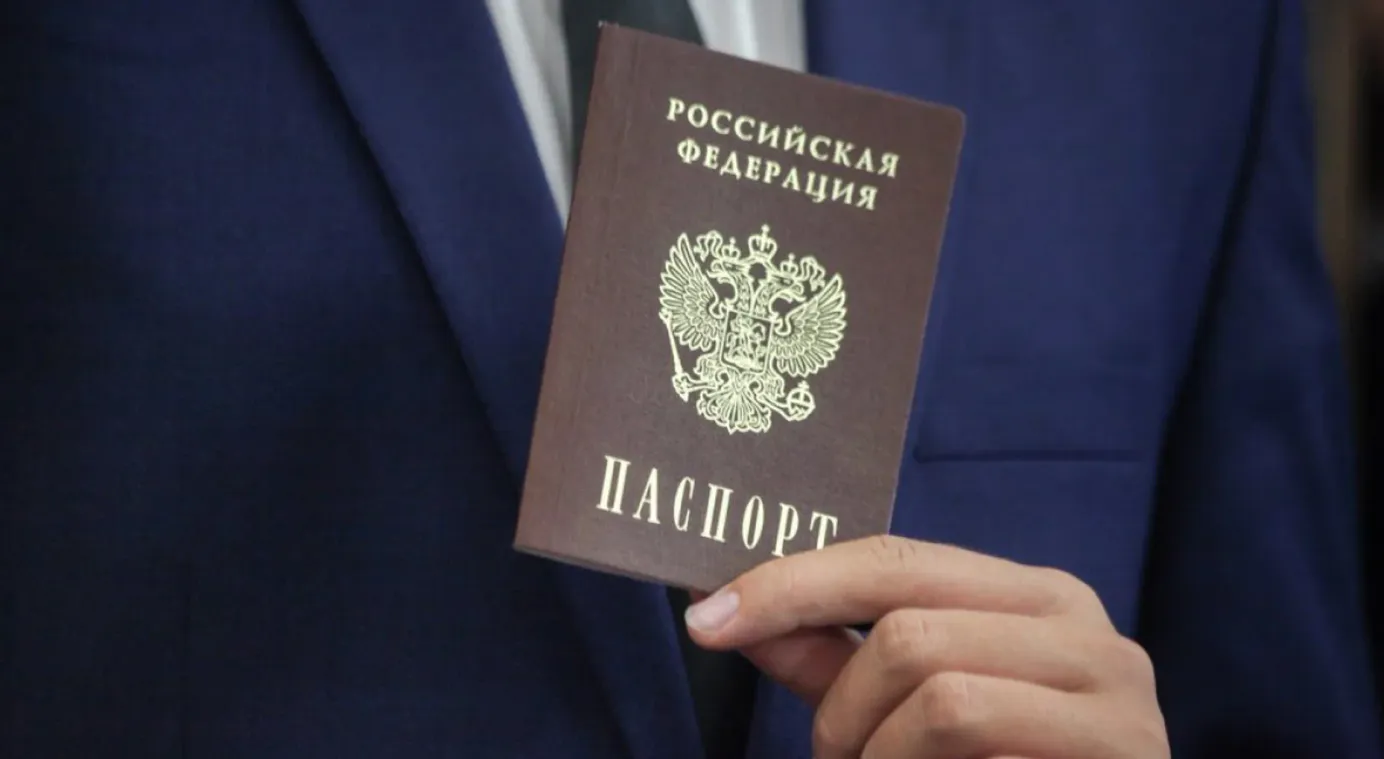
Evan Gershovich’s arrest is a warning to the West
WSJ journalist Evan Gershkovich was detained on suspicion of espionage last week — the first such case involving a foreign reporter since the Cold War. This was likely not only intended to top up Russia’s “exchange fund” for future prisoner swaps with the U.S., but to send a warning to remaining Western journalists in Russia. However, the authorities are not seeking to unleash any kind of spymania among the broader population — there has been almost no domestic media coverage of the Gershkovich case.
- Evan Gershkovich was arrested on Wednesday in Yekaterinburg, Russia’s third-largest city that is known as both a major center for defense production and as a relative hotbed of liberalism. Gershkovich visited the city twice in the past month. According to his colleagues, he was researching stories about how mercenary outfit Wagner and defense factories were recruiting convicts from local prisons, a conflict between local governor Yevgeny Kuivashev and Wagner boss Yevgeny Prigozhin and the attitude of Yekaterinburg residents to the war.
- The specific charges against Gershkovich were not disclosed and we are unlikely to ever learn much about them. In Russia, investigations and trials relating to treason or espionage are classified. Ivan Safronov, who got 22 years in jail in the best-known recent case of this type, still does not know the details of the charge on which he was convicted – the information he allegedly passed to foreign intelligence services is a state secret. In the Gershkovich case, we only know what the FSB officially said: he is suspected of “espionage on behalf of the American government” and allegedly gathered classified information about the activities of “an enterprise within the Russian military-industrial complex.” President Vladimir Putin’s spokesperson Dmitry Peskov said subsequently that he was “caught red-handed.”
- Right now, it’s easier than ever for the FSB to fabricate such a case. In July, the Russian parliament significantly broadened the legal definitions of “treason” and “espionage”. Currently, this law includes not only gathering information classed as a state secret, but also collecting any information “that could be used against the Russian army or government agencies” with a view to “transferring it to an enemy.”
- It’s clear that the Russian authorities see a WSJ reporter as a useful addition to their “exchange fund” and as a way to exert leverage over Washington. Many thought that the most recent prisoner swap between the U.S. and Russia, in which basketball player Brittney Griner was traded for arms dealer Viktor Bout, benefitted Moscow far more than Washington. The deputy head of Russia’s Foreign Ministry felt the need to offer comments (albeit meaningless ones) on the possibility of an exchange on the very day Gershkovich was detained. Now, Russia can pressure the White House by handing him a huge jail term — don’t forget Safronov was jailed for 22 years.
- The arrest of a foreign journalist with Foreign Ministry accreditation (which means he has passed a Federal Security Service (FSB) security check) is an unprecedented event. The last time it happened was in 1986 when the Soviet Union arrested Nicholas Daniloff, a reporter with the U.S. News & World Report, and, like Gershkovich, a descendant of Russian immigrants. The journalist’s arrest looked like a set-up and happened just a few days after a member of the Russian mission to the UN, Gennady Zakharov, was arrested in the U.S. on charges of espionage. Daniloff spent just 13 days in prison before he was exchanged for Zakharov.
- The idea that Gershkovich’s arrest is a message from the Kremlin to the White House is reinforced by the fact that Russia’s domestic propaganda outfits have been almost silent on the event. Rossiya TV’s evening news gave the story a brief mention 51 minutes into the show. And it has been entirely absent from other flagship shows on state-owned television.
Why the world should care
Topping up Russia’s “exchange fund” is very much a secondary motive behind Evan Gerhkovich’s arrest. After driving independent Russian journalists out of the country, the Kremlin is now sending a clear warning to their foreign counterparts: even Foreign Ministry accreditation is no longer a guarantee of safety. Foreign journalists must either leave the country or continue their work under the threat of arrest.




